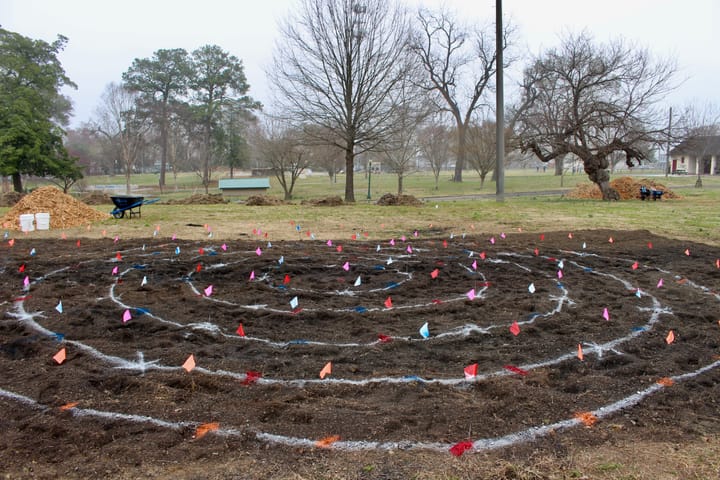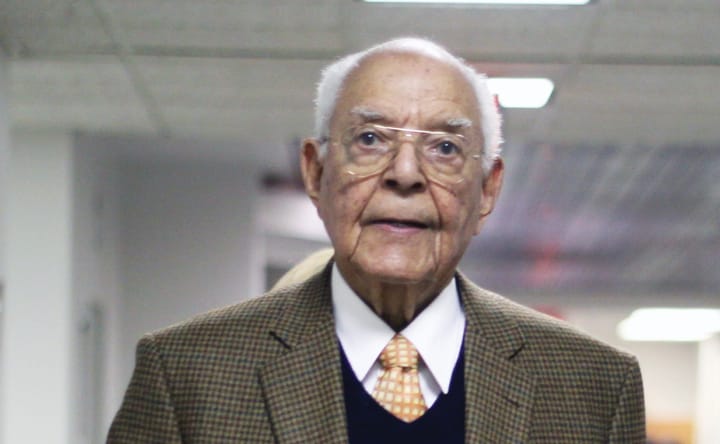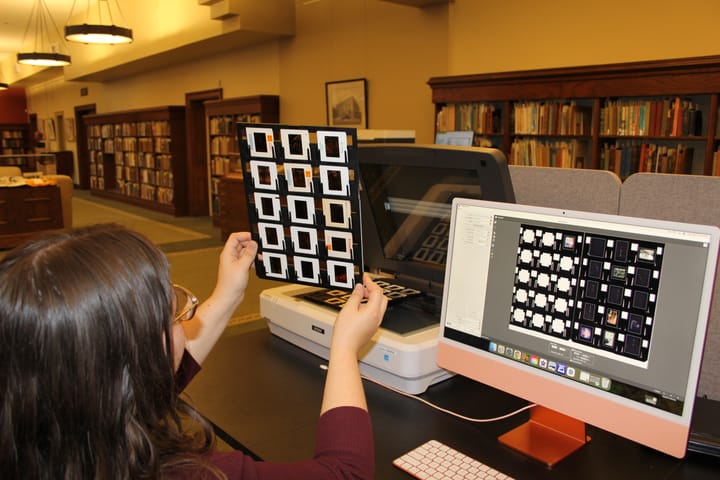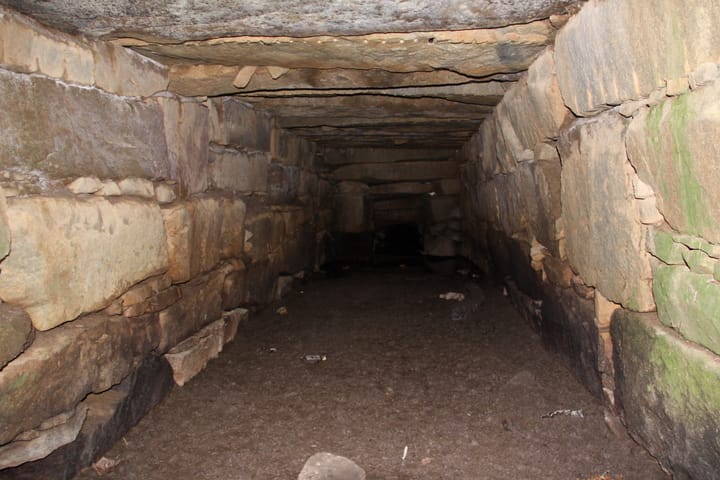StoryCorps aims to bridge political divide in Richmond

When strangers Torski Dobson-Arnold and Kaitlin Johnston first sat down together for a conversation, they quickly realized they were very different.
Dobson-Arnold, a senior fitness specialist and franchise owner in Mechanicsville, is a Christian wife, mother, grandmother and a frequent volunteer working to feed the homeless in Richmond. Before having children, she grew up as a Jehovah’s Witness and had lost her father early in life from depression and suicide.
Johnston, a math teacher at a public high school, is a survivor of human trafficking who has been rebuilding her life from scratch for over 7 years. A lifelong atheist, she grew up moving all over the United States with a diverse upbringing that shaped her worldview and politics.
After reading each other’s biographies out loud, the two dove into talking about their childhood memories and religion, among other deep topics.
“I was definitely nervous,” Johnston said. “I had no idea what to expect from her.”
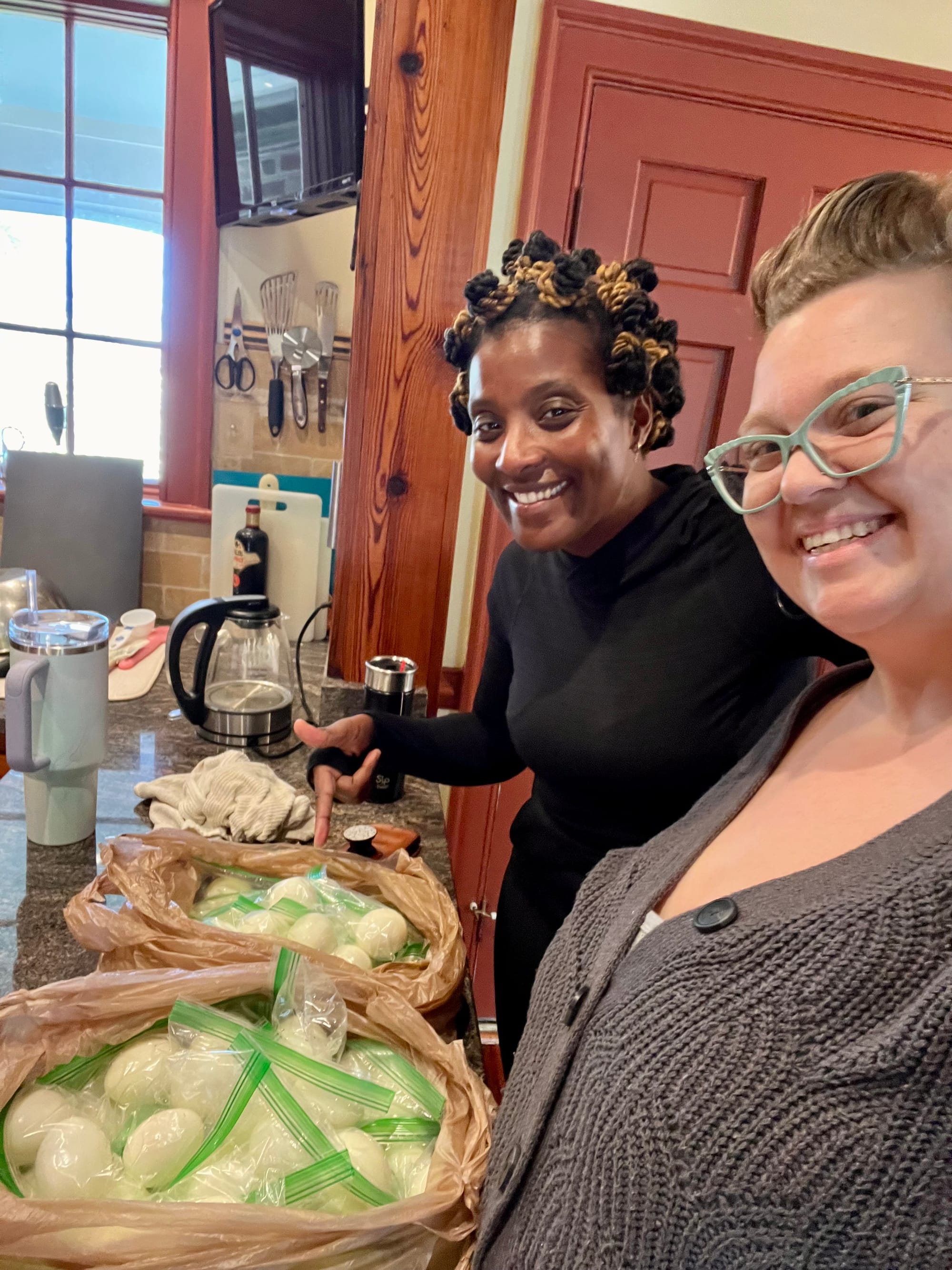
That conversation, and others like it, are part of the One Small Step program that the StoryCorps nonprofit organization piloted in Richmond starting in 2021. Richmond was one of the model communities that the nonprofit chose for the program, alongside two others in Kansas and Georgia.
“We’ve always had a place on the national stage for history,” said Jim Morgan, One Small Step’s Richmond field coordinator, “and we've had to reconcile that history, sometimes publicly, even in recent years. [One Small Step] presents the opportunity to show that we are continuing to do the work.”
One Small Step is designed to enable community members to have civil conversations with others who have different views from them. Anybody in the community can sign up to participate, and more than 500 conversations have already happened since it began in Richmond, Morgan said.
“I think for me,” Dobson-Arnold said, “it solidified my understanding that regardless of the background, regardless of upbringing, regardless of religion or how we think, we're more alike than we are different.”
For Johnston, the most surprising thing she gained from the conversation was friendship. They’ve remained in touch since they first sat down in February, she said, and even connected on Election Day. She also appreciated the opportunity to look at her life experiences from a new lens after learning about Dobson-Arnold’s upbringing.
While the matchmaking process is designed to pair people with opposite views, it does not bring people together to debate politics. Participants sit down with a moderator for 50 minutes of human connection to work toward creating united communities despite our divisive political climate, according to Hannah Robinson, who does public relations for One Small Step.
Dobson-Arnold said she appreciated the presence of the moderator because it gave her comfort knowing that she could pause the conversation at any time. Although she never needed to, there were opportunities to step away.
“As a human species, we seek connection,” Morgan said, “and the most important thing that we can do is give you the opportunity to tell your story and talk to another person.”
Each One Small Step conversation is recorded, but not all conversations are shared publicly; some participants prefer for their conversations to remain private. If the two participants are comfortable, the conversation is uploaded to the StoryCorps Archive and the Library of Congress.
“When we archive our stories in the Library of Congress, it's capturing this time in our history, particularly of the divisions that we're dealing with,” Morgan said.
This year, One Small Step has been working to get a broader demographic of people to sign up to participate in Richmond, Robinson said. Morgan hopes that One Small Step will continue to expand its partnerships with local businesses and churches to create more safe spaces for civil, yet difficult conversations.
Fritz Kling is an advocate of One Small Step in his community at Third Church in Tuckahoe. He said he believes that interfaith dialogue is important, and he and his wife found the process rewarding.
“We're trying to encourage people to understand that talking to other people from different perspectives is actually one way to not only be welcoming and loving to them, but to also hone our own understandings of what we believe, being neither defensive or aggressive,” he said.
One Small Step is also easing its way into local high schools.
Wendy DeGroat, a librarian, technology integrator and mindfulness instructor, introduced it to the Maggie L. Walker Governor's School in 2021. Roughly one-third of the class of 2024 had participated in One Small Step at least once during their four years, DeGroat said.
Mercedes Luna, a senior at Maggie Walker, is in her third year on the One Small Step organizing team.
“At a school where classroom instruction is often centered around debate,” Luna said, “it is refreshing to take a step back and seek understanding rather than turning to defense or persuasion tactics in communication.”
Another nonprofit organization called More in Common studies polarization, and Morgan cited one of its studies to describe what he hopes participants can take away from One Small Step conversations.
“When you read about the science of the perception gap,” Morgan said, “it's not the actual beliefs that are put at odds. It's our emotions that are put at odds, and that's what's causing this viewpoint, that we are much farther apart. We are not as far apart as we believe we are.”


